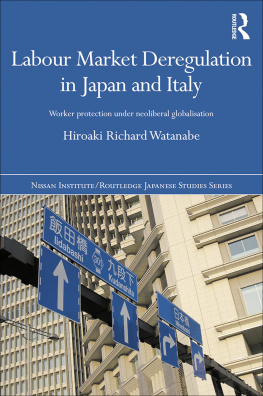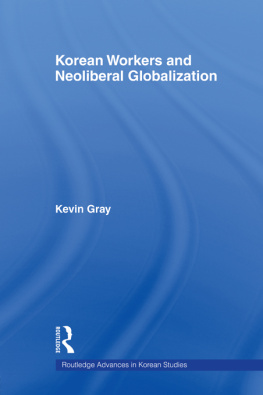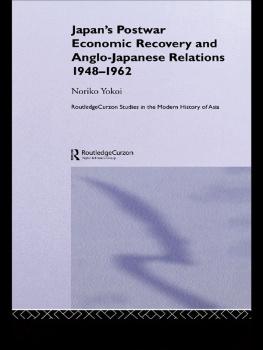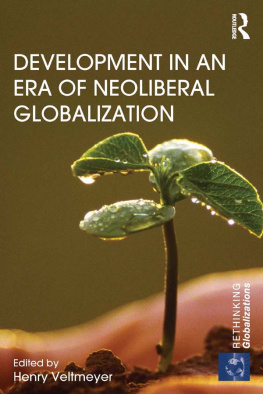Hasegawa Harukiyo - The Political Economy of Japanese Globalization
Here you can read online Hasegawa Harukiyo - The Political Economy of Japanese Globalization full text of the book (entire story) in english for free. Download pdf and epub, get meaning, cover and reviews about this ebook. year: 2001, publisher: Routledge, genre: Science. Description of the work, (preface) as well as reviews are available. Best literature library LitArk.com created for fans of good reading and offers a wide selection of genres:
Romance novel
Science fiction
Adventure
Detective
Science
History
Home and family
Prose
Art
Politics
Computer
Non-fiction
Religion
Business
Children
Humor
Choose a favorite category and find really read worthwhile books. Enjoy immersion in the world of imagination, feel the emotions of the characters or learn something new for yourself, make an fascinating discovery.

- Book:The Political Economy of Japanese Globalization
- Author:
- Publisher:Routledge
- Genre:
- Year:2001
- Rating:4 / 5
- Favourites:Add to favourites
- Your mark:
The Political Economy of Japanese Globalization: summary, description and annotation
We offer to read an annotation, description, summary or preface (depends on what the author of the book "The Political Economy of Japanese Globalization" wrote himself). If you haven't found the necessary information about the book — write in the comments, we will try to find it.
The Political Economy of Japanese Globalisation reveals the key dimensions of Japanese globalisation today by analysing both its inward and outward manifestations. This is the first book to examine fully the issue of globalisation in relation to Japan. Organised in three parts, The Political Economy of Japanese Globalisation reveals the meanings and implications of the study of Japans globalization in the context of on-going debates about globalisation in general. The book demonstrates how, despite the passing of the Japanese model, Japan can still provide significant insights into the meaning of this phenomenon.
The first part of the book examines globalization in politics and international relations: Japans particular position in globalization; its recent role in the East Asian political economy; and the relative identities of Japan and Europe. Part two looks at the economy and business at the heart of Japanese globalization: Japans globalization in Asia as part of oriental capitalism; its recent financial reforms; the US globalization in Japan; Japans impact on Germany and the meaning of Japanization and globalization. The third part of the book assesses the social issues in Japan in the context of globalization, highlighting the positive political impact of globalization seen in the way externally generated pressures have brought into focus universal values, such as citizenship, human rights and democracy.
Providing a clear analysis of the political economy of Japanese globalization in one volume, The Political Economy of Japanese Globalization is a major resource for postgraduates and researchers in Japanese studies, Asian studies, international relations, international political economy, as well as for all those dealing with Japan professionally.
Hasegawa Harukiyo: author's other books
Who wrote The Political Economy of Japanese Globalization? Find out the surname, the name of the author of the book and a list of all author's works by series.










